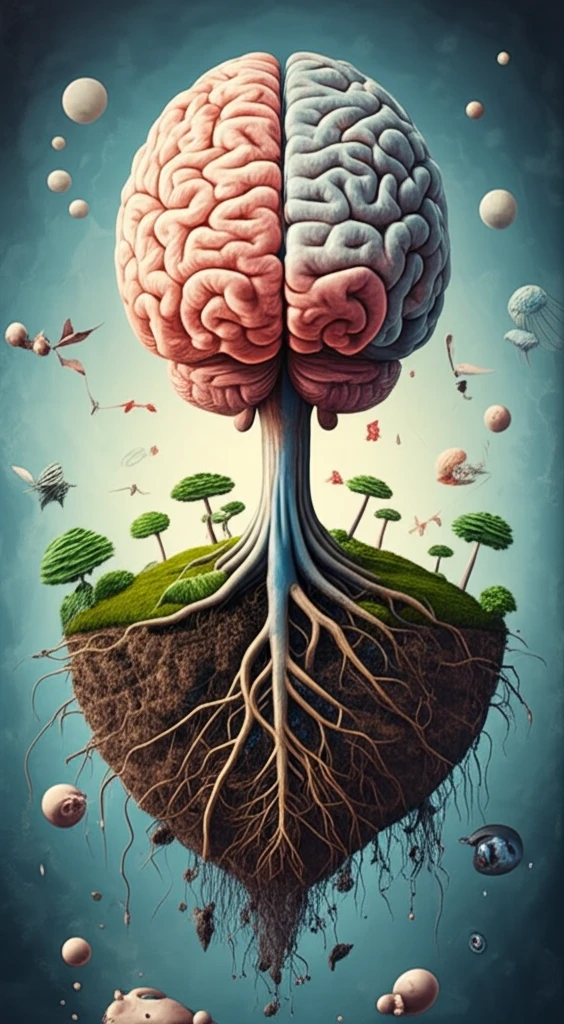
The Ancient Herb That Could Calm ADHD: Rehmannia's Promise
"Could a traditional Chinese medicine offer new hope for managing ADHD symptoms?"
Attention Deficit Hyperactivity Disorder (ADHD) is a neurodevelopmental condition affecting millions worldwide. Characterized by inattention, hyperactivity, and impulsivity, ADHD often persists from childhood into adulthood, impacting various aspects of life. While conventional treatments like methylphenidate (MPH) exist, they can come with unwanted side effects, prompting the search for safer, alternative therapies.
Traditional Chinese Medicine (TCM) offers a holistic approach to health, viewing the body as an interconnected system. One TCM remedy, Rehmanniae Radix Preparata, derived from the Rehmannia root, has been used for centuries to nourish the kidney and benefit essence and marrow – concepts closely tied to brain health in TCM theory. Intriguingly, this herb is a popular choice among TCM practitioners for addressing ADHD.
Emerging research suggests Rehmanniae Radix Preparata possesses antioxidant, anti-inflammatory, and neuroprotective properties. Studies hint at its potential to improve learning, memory, and even mood. Now, scientists are exploring whether this ancient remedy could offer a new way to manage ADHD by targeting structural differences in the brains of those affected.
How Can Rehmanniae Radix Preparata Potentially Help With ADHD Symptoms?

ADHD is increasingly understood to involve structural differences in the brain, particularly in the cortex. These differences can affect neuronal development, energy metabolism, and even lead to neuronal apoptosis (cell death). Traditional Chinese Medicine (TCM) offers a unique perspective, viewing the brain as the "house of spirit" and "sea of marrow," closely linked to the health of the kidneys. When kidney essence is deficient, it can impact brain marrow, leading to symptoms associated with ADHD.
- Neuroprotection: Protecting brain cells from damage.
- Antioxidation: Reducing harmful oxidative stress in the brain.
- Anti-inflammation: Reducing inflammation, which can contribute to brain dysfunction.
- Supporting Energy Metabolism: Ensuring brain cells have the energy they need to function properly.
A Promising Avenue for Future Research
The idea that Rehmanniae Radix Preparata and its active component, catalpol, could offer a new approach to managing ADHD is compelling. By targeting neuroprotection, apoptosis, and energy metabolism, these natural medicines may help address the structural abnormalities associated with the condition. While more research is needed, particularly in human trials, this ancient remedy offers a promising avenue for those seeking alternative and complementary ADHD treatments.
